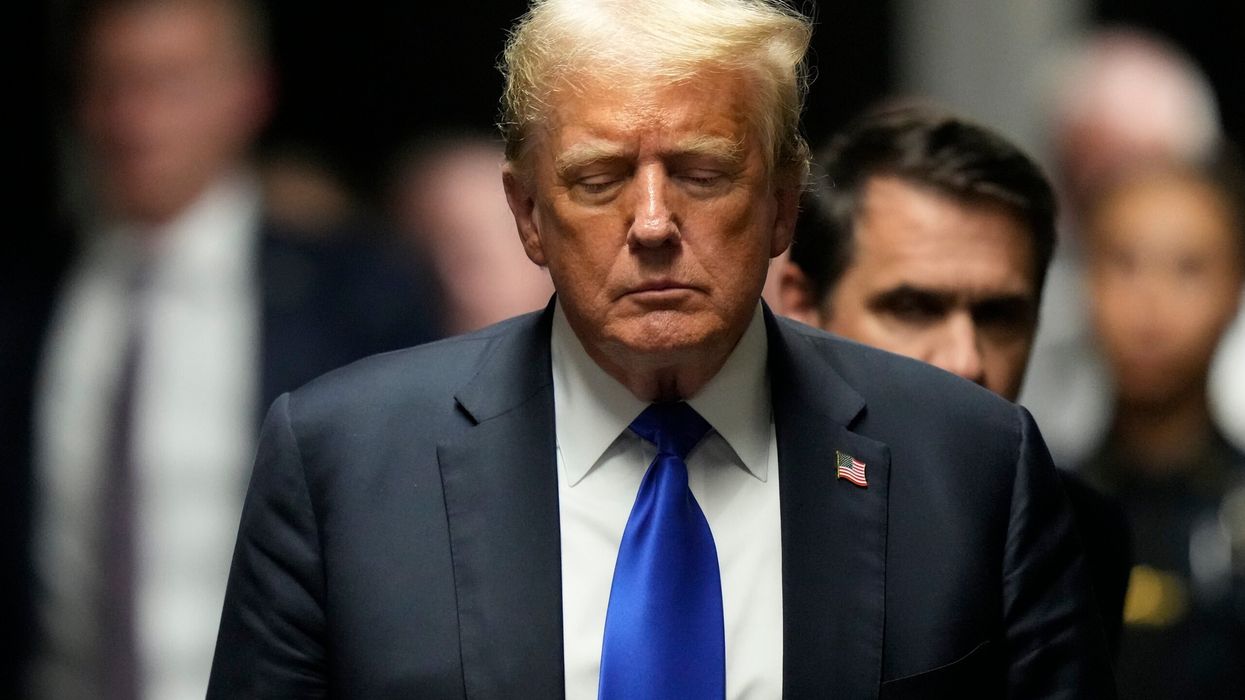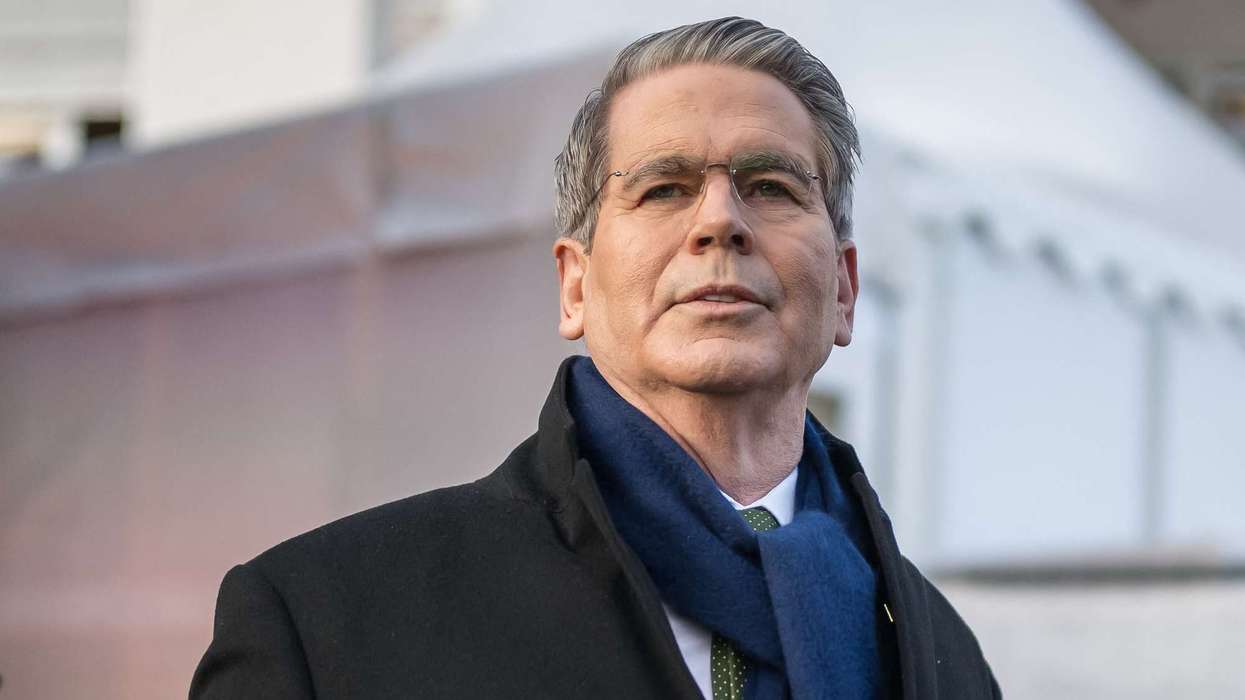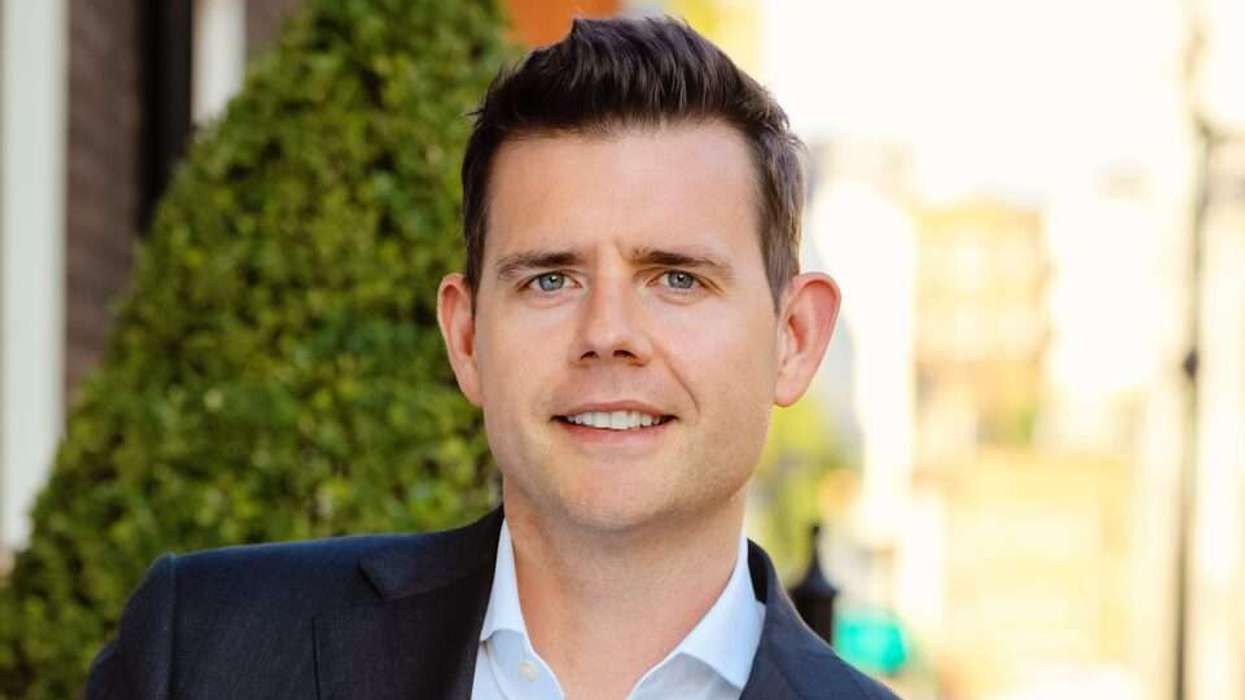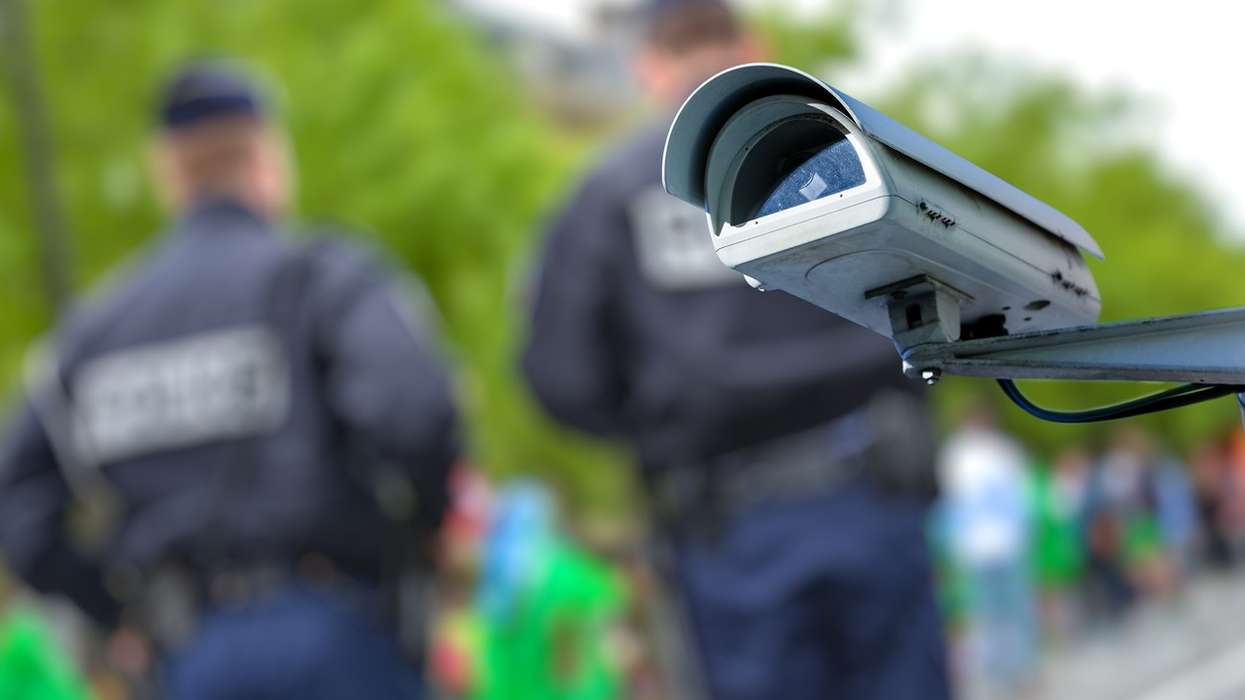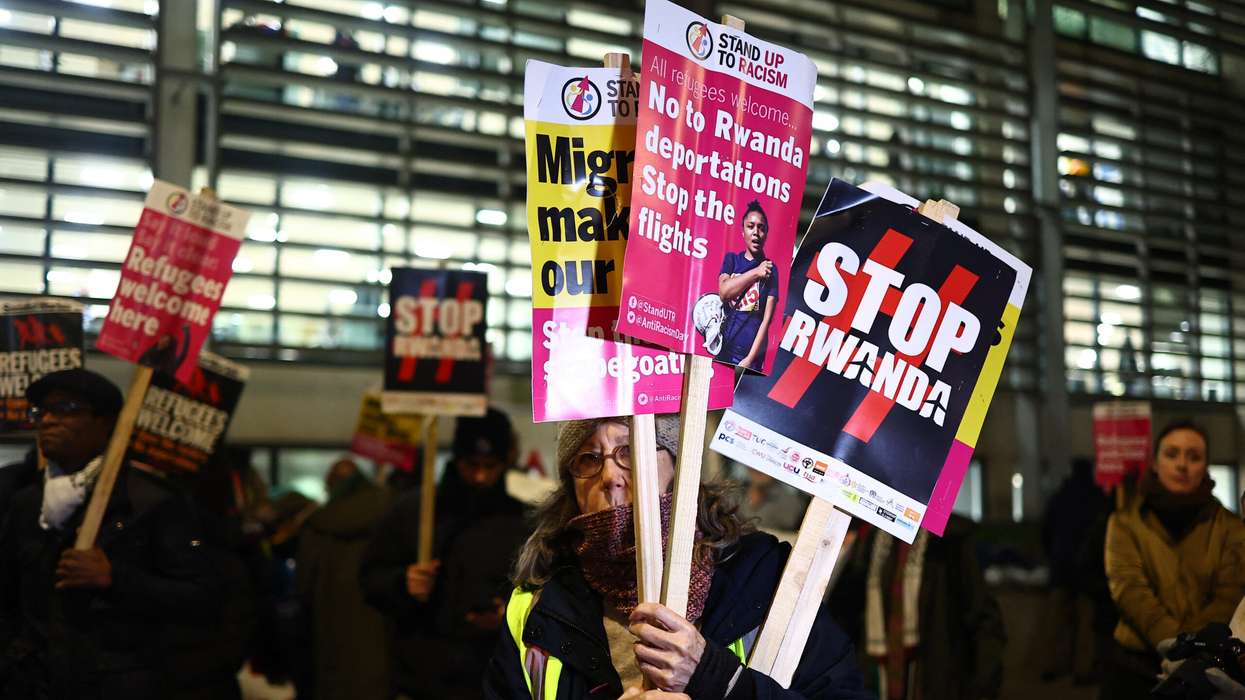PAKISTANI politicians and citizens are demanding their government withdraw its nomination of US president Donald Trump for the 2026 Nobel Peace prize, following American airstrikes on Iranian nuclear facilities.
Pakistan's deputy prime minister and foreign minister Ishaq Dar sent a formal letter to the Nobel Peace Prize committee in Norway last Friday (20), recommending Trump for the prestigious award.
The government cited his "decisive diplomatic intervention" during recent tensions between India and Pakistan as the reason for the nomination.
The decision has come under intense scrutiny after the US bombed three Iranian nuclear sites - Fordo, Isfahan and Natanz - in coordination with Israel. The strikes were aimed at damaging Iran's nuclear programme, with Trump warning of additional attacks if Iran retaliated.
Veteran politician Maulana Fazlur Rehman, leader of Jamiat Ulema-i-Islam (JUI-F), has called for the government to reverse its decision.
"President Trump's claim of peace has proven to be false; the proposal for the Nobel Prize should be withdrawn," Fazl told party workers in Murree on Sunday (22).
He questioned how Trump could be considered a peacemaker when he has "supported Israeli attacks on Palestine, Syria, Lebanon and Iran" and has "the blood of Afghans and Palestinians on America's hands".
Former senator Mushahid Hussain wrote on social media that Pakistan's government "must now review, rescind and revoke" Trump's Nobel nomination, calling the US president a leader "who has willfully unleashed an illegal war".
Opposition party Pakistan Tehreek-i-Insaf (PTI) condemned the "unprovoked" US strikes on Iran and voiced "total support" for Iranian sovereignty. PTI lawmaker Ali Muhammad Khan called for the government to "reconsider" its decision.
Public Criticism and Embarrassment
The nomination has sparked widespread criticism on social media, with many Pakistanis accusing their government of trying to please the US at the expense of national dignity.
Former senator Afrasiab Khattak called the decision "sycophancy" and said it was "most embarrassing to announce the nomination hours before Trump ordered to bomb Iranian nuclear sites".
Pakistan's former US ambassador Maleeha Lodhi described the move as "unfortunate" and said it did not reflect public opinion.
Political analyst Raheeq Abbasi sarcastically noted that Pakistan had nominated "the very Donald Trump whom Westerners were protesting against for war crimes" and questioned whether there was "any sense of honour or humanity" in those responsible for the decision.
The criticism has extended beyond the civilian government to Pakistan's military leadership. Some politicians suggested the decision was influenced by Trump's recent meeting with Pakistan's army chief, Field Marshal Asim Munir.
Social media users have accused the military establishment of making decisions without public consultation, with one calling them "uncrowned kings" ready to "sell out the nation whenever they please".
Trump had campaigned as a "peacemaker" who would use his negotiating skills to end conflicts in Ukraine and Gaza. However, both wars continue to rage five months into his presidency, and critics argue his recent actions contradict his peace-making claims.
(PTI)
